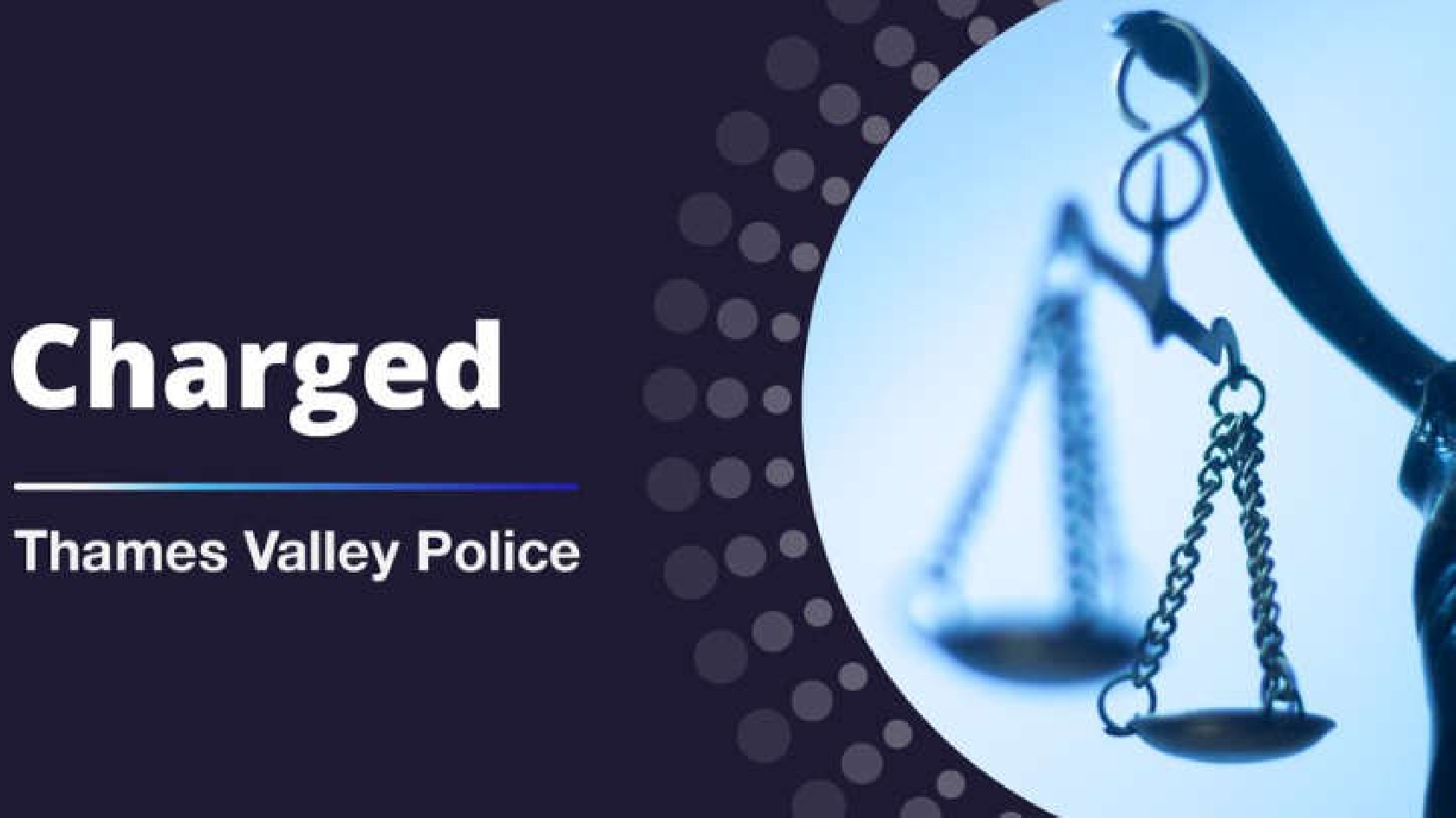
After two years of fruitful collaboration between the FSA and the Association for the Cannabinoid Industry (ACI), the list of permitted CBD products is finally ready. It’s expected that the products will be placed on the market in 2023
As the demand for hemp-derived cannabidiol continues to draw attention from those intensely curious, it shouldn’t come as a surprise that the CBD market is growing rapidly in the United Kingdom. CBD offers numerous benefits, whether it’s ingested, inhaled, or applied topically, such as pain reduction, sleep improvement, improving heart health, lessening anxiety and depression, revitalising/protecting the skin, and potentially more. Even major retailers like Sephora have dedicated shelf spaces for CBD products. CBD can be naturally extracted from the cannabis plant or produced synthetically via microbial fermentation.
Hemp-derived CBD ingredients have become immensely popular for use in foods, beverages, and food supplements. The regulatory status of CBD as a food ingredient represents a recent development. CBD products have been on sale for years, but the Food Standards Agency (FSA) hasn’t always been quick to act. This time, it’s taken a strong stance. Not that long ago, the FSA published a list of 3,500 ingestible products containing CBD that have been allowed to remain on shelves – both physical and virtual.
Some were critical of the FSA’s decision to authorise the sale of CBD products in the United Kingdom, which is a shame. Opponents believe that the independent government department responsible for food safety and hygiene doesn’t quite understand the complexity and scale of the CBD market.
This Is the First Time That CBD Food Products Are Being Exposed to Regulatory Scrutiny
In January 2019, the European Union amended the Novel Food Catalogue to show that extracts of cannabis and derived products containing cannabinoids are deemed novel foods. Under the current legal framework, Member States are accountable for evaluating the characteristics of products on a case-by-case basis. The Novel Food Catalogue isn’t legally enforceable, yet it serves as a reference for many authorities.
The United Kingdom is the first country in the world to regulate the market for cannabis edibles. Many agree that this is a significant milestone for the CBD market, as we need legal certainty as quickly as possible. After two years of fruitful collaboration between the FSA and the Association for the Cannabinoid Industry (ACI), the list of permitted CBD products is finally ready. It’s expected that the products will be placed on the market in 2023. Local authorities are advised to encourage suppliers who aren’t on the public list to pull the products off the shelves on their own accord.
Now that CBD is considered a novel food, producers have to follow the normal path. More exactly, they need to get authorisation from the FSA by proving the product is safe for consumption. Hemp-derived products have to comply with legislative requirements. Therefore, they shouldn’t be incorrectly labelled. New rules with immediate effects will be enforced, and they’re aimed at convenience stores, supermarkets, pharmacies, health food shops, cafes, and restaurants.
Attention needs to be paid to the fact that products intended for systemic effect, such as vapes, or transdermal patches containing cannabidiol (CBD patches), don’t fall under the responsibility of the FSA. They’re not assessed, so they’re not present on the list. To find quality CBD products, please click here. You can look up a product’s certificate of analysis to have a guarantee it’s been properly tested.
The UK Is One of The Biggest Consumers of CBD Products
The United Kingdom aspires to be a leader in CBD innovation and investment. Providing safe access to CBD is the main goal. It’s more than likely that the United Kingdom has become the world’s second-largest consumer cannabinoids market behind the United States. According to the ACI, the size of the cannabinoid sector is impossible to ignore. Sales of CBD products for 2021 were valued at £690 million. It seems that the Brits spend more on cannabis extracts than they do on vitamin B and C supplements.
Since countless CBD products will have to be removed, there will be more opportunities for companies with permitted merchandise. In other words, producers on the list will have the liberty to engage with retailers about how they promote and market their products. While not all companies will hit it big, some will experience a staggering increase in their revenue. After a year of rapid growth in 2021, we’re optimistic about 2022. The community of CBD supporters continues to grow. Owing to the extraordinary variety of products available, there’s something to suit everyone.
For the time being, there are no singular products or innovations. Nonetheless, this will change in the upcoming years. Due to the latest updates from the FSA, CBD companies are prohibited from launching new edible products. The new rules are changing the CBD market for the better. The enhanced quality and safety across the industry will give consumers greater confidence. Quality, in particular, increases the chances that a customer will come back, which builds loyalty. The future market leaders will be the ones willing to invest in brand awareness and help shoppers.
CBD Products on Sale North of The Border Are Subject to A Separate Authorisation Process
The FSA is responsible for food safety and hygiene in England, Wales, and Northern Ireland. This translates into the fact that CBD products sold in Ireland and Scotland hinge on a different authorisation process, which is managed by the Food Standards Scotland (FSS). The FSS was established by the Food (Scotland) Act 2015, written by the HM Government. In Northern Ireland, CBD companies are required to continue to adhere to the EU Novel Foods Regulation. The European Union’s rules on customs and regulations of agri-food products still apply.
Products containing the psychoactive substance THC above legal limits are ultimately classified as controlled drugs. More precisely, if the THC content is higher than 0,2%, the product is regulated by the Misuse of Drugs Act and for Police Scotland and the Home Office. The FSS is currently working with local authorities and partners to review the products on the market and make sure they contain the ingredients mentioned on the list. CBD isn’t considered a narcotic drug, as it doesn’t have a psychotropic effect on human health.















